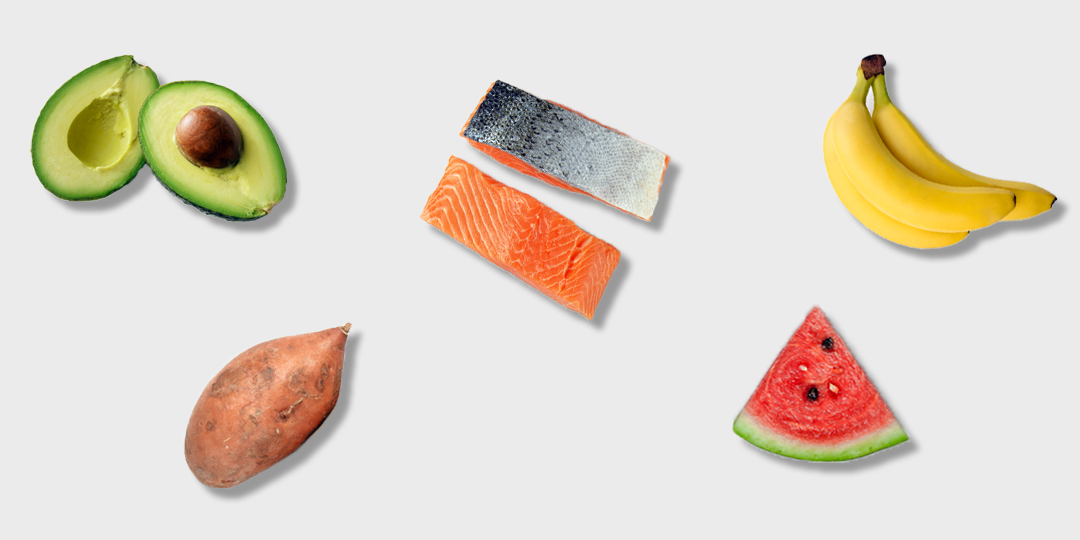In the world of natural remedies, everyone is talking about apple cider vinegar benefits.
It’s gone from the salad bowl to the vitamin aisle, so is apple cider vinegar really as amazing as people say it is?
Apple Cider Vinegar Nutrition
Apple cider vinegar, also lovingly shortened to “ACV,” is vinegar made by fermenting apple juice.
During fermentation, beneficial bacteria and yeast break down the sugars into alcohol and finally into acetic acid.
Nutritionally, ACV has zero calories but contains B-vitamins and polyphenols, an antioxidant-like compound.
Grocery stores carry raw and pasteurized apple cider vinegar, but ACV fans are most interested in “raw” because it contains “the mother,” a cloudy substance of good bacteria.
So, what are the health benefits of apple cider vinegar? And are they true?
The answer is a resounding maybe!
ACV is no magical cure-all, nor is it entirely without merit. Let’s examine expected apple cider vinegar benefits to see if they actually work.
1. Potential Benefit: Apple cider vinegar is antimicrobial and may aid digestion
Apple cider vinegar does have antimicrobial properties, making it a key ingredient in pickling and preserving foods.
Instead of taking ACV straight, no chaser, try eating foods that have been pickled in acid.
ACV keeps bad bacteria at bay, but good bacteria can thrive as it ferments foods like pickles and sauerkraut.
Fermented foods are high in probiotics (good bacteria), which are beneficial for keeping your digestive tract healthy.
2. The Jury Is Out: Apple cider vinegar helps with weight loss
ACV contains acetic acid, which researchers found can prevent fat gain and improve metabolism in mice.
Cool, but what does it mean for humans? How much apple cider vinegar should you drink? Don’t raise that spoon just yet!
A 2009 clinical trial of 175 adults made a big splash in the New York Times because the study found those who consumed 1-2 tablespoons of vinegar had a 2-4 pound weight loss over three months.
Since then, the apple cider vinegar diets, detox, and cleanse gained a lot of interest.
According to Samantha Thoms, M.P.H., R.D., “It’s exciting, it’s just one small study. Once participants stopped drinking the vinegar, they ended up regaining the weight in four weeks.”
Not surprisingly, experts can’t recommend ACV for weight loss until more large-scale studies show that it works.
Keep in mind that how ACV helps with weight loss matters, too.
Taking ACV may decrease your appetite but also increases nausea. You may not feel like eating when you’re nauseous, but the tradeoff may not be worth it.
3. Proceed With Caution: Apple cider vinegar benefits skin and hair
Using apple cider vinegar to treat skin and hair is all over the Internet.
Some say it helps remove excess oil from your hair, and others say it prevents breakouts on their skin.
Unfortunately, there’s not a lot of science to support — or refute — the claims.
It may sound like a cop-out, but since everyone has a different skin and hair type, you’ll probably need to try it out to know if it works for you.
ACV is safe to eat, but it is considered a mild irritant for the skin.
Thoms cautions, “Keep in mind that using vinegar on your skin could lead to irritation or pain, especially if you have any broken or sensitive skin.”
If you plan to use it, dilute ACV with plenty of water. For more serious skin or scalp issues, don’t try ACV until you consult a dermatologist.
4. Myth: Apple cider vinegar may lower risk for cancer
No, apple cider vinegar will not lower the risk for cancer.
Studies showing that acetic acid can slow the growth of cancer cells involve bathing those cells in ACV.
It’s impossible to treat cancer like this in real life. Our bodies depend on a tight balance between acid and base in the blood, and any drastic changes could be life-threatening.
Are There Downsides to Consuming Apple Cider Vinegar?
The ideal way to use apple cider vinegar is in a mouthwatering marinade or salad dressing.
But you may wonder, “Can I drink apple cider vinegar every day?”
Thoms says, “Normal, healthy adults should be able to take 1-2 tablespoons per day without significant side effects. I would recommend diluting ACV with plenty of water.”
If you’re going to try it, keep in mind these other downsides:
- Apple cider vinegar can erode tooth enamel and damage your esophagus. ACV is highly acidic if taken straight from the bottle. Try diluting it with plenty of water, or use it in a dressing or meat marinade. Taking it straight up is not recommended.
- Apple cider vinegar can interact with certain meds. If you’re taking diuretics or other medications, check with your doctor first.
Apple Cider Vinegar Is Great in Recipes
While the alleged apple cider vinegar benefits might not be the miracle cure that the world wished for, it sure can be a tasty addition in the kitchen.
If you’re interested in adding ACV to your cooking repertoire, check out these recipes to get you started:






